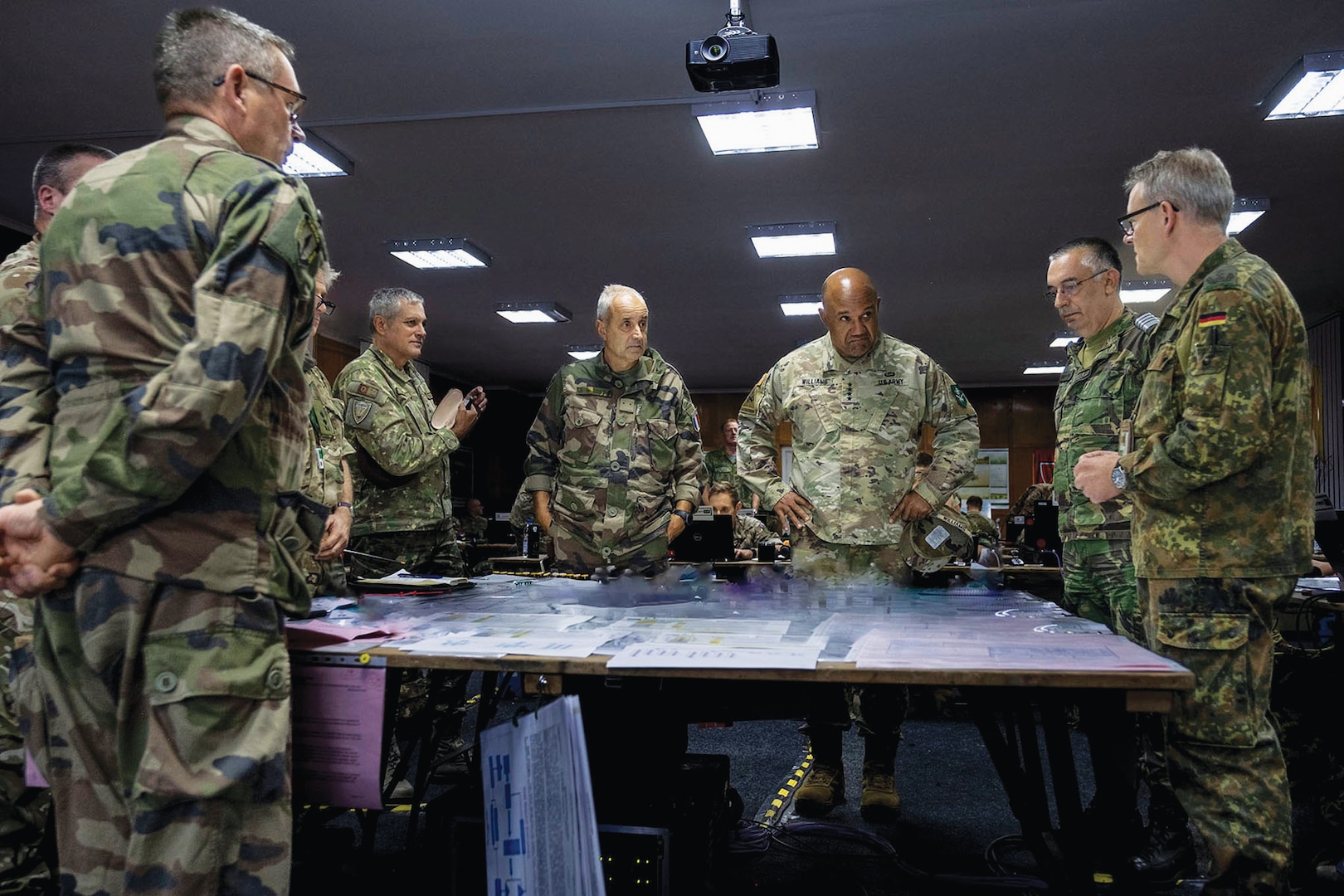Hezbollah Hits Israel with Deadliest Attack: Fears of Escalation Grow
In a shocking escalation of the ongoing conflict, Hezbollah has launched its most devastating attack in months, targeting a soccer field in northern Israel. The assault, which took place on Saturday, has resulted in significant casualties and heightened fears of an all-out war between Israel and the Iran-backed militant group.
Hezbollah’s Rocket Attack: A Tragic Incident

On Saturday, Hezbollah unleashed a barrage of rockets into northern Israel, with at least one projectile striking a soccer field in Majdal Shams, a Druze town located near the border with Syria. The attack has left at least 10 people dead and 29 injured, many of whom are believed to be children aged between 10 and 20.
-
Location and Impact: The soccer field, a popular spot for local children, became the scene of tragic violence. This is the most severe loss of life in the northern region since Hezbollah’s involvement in the conflict began on October 7.
-
Casualties and Response: The Israel Defense Forces (IDF) have confirmed that Hezbollah is responsible for the attack. The IDF’s statement highlighted the severity of the incident, which has been described as a blatant act of terrorism.
Official Reactions and Military Response
The Israeli government and military have reacted swiftly to the attack:
-
Prime Minister Benjamin Netanyahu: Currently in the U.S., Netanyahu is being updated on the situation and is expected to return to Israel urgently. His return signals the gravity of the situation and the potential for a significant military response.
-
Minister of Defense Yoav Gallant: Along with IDF Chief of General Staff LTG Herzi Halevi, Gallant is conducting a thorough situational assessment. The Israeli government is preparing for a robust response to the attack.
-
Foreign Minister Israel Katz: Katz has hinted at the possibility of a large-scale military operation against Hezbollah. He indicated that Israel might react “in a disproportionate way,” suggesting a severe escalation in military action.
Analysis of Hezbollah’s Strategy
The attack on Majdal Shams raises several critical questions about Hezbollah’s intentions and strategy:
-
New Targets and Tactical Shifts: According to experts, Hezbollah Secretary-General Hassan Nasrallah had previously warned about targeting new locations in Israel. The attack on a Druze town, rather than major cities like Tel Aviv, might be a strategic choice to provoke a stronger response from Israel.
-
Miscalculations and Consequences: Jason Brodsky, an expert on Iran and its proxies, suggests that Hezbollah might have miscalculated by attacking a location with significant civilian casualties. The massive impact of this attack could alter the dynamics of the conflict, potentially leading to a more aggressive Israeli response.
Historical Context and Ongoing Conflict
This attack is part of a broader and ongoing conflict between Israel and Hezbollah:
-
Previous Wars: Israel has fought two major wars with Hezbollah—one in 1982 and another in 2006. The current escalation mirrors past conflicts but with added complexity due to recent developments.
-
Casualty Figures and Conflict Scope: Since the beginning of the war against Hamas on October 7, the IDF estimates that approximately 500 Hezbollah operatives have been killed, and around 5000 projectiles have been fired into Israel. This high level of violence underscores the intensity of the current conflict.
Implications for the Future
The recent attack on Majdal Shams has significant implications for the future of the Israel-Hezbollah conflict:
-
Potential for All-Out War: The severity of the attack and the resulting casualties could push both sides towards a full-scale war. The Israeli government’s response and Hezbollah’s future actions will be critical in shaping the conflict’s trajectory.
-
International Reactions: The international community will likely closely monitor the situation, with potential implications for global diplomatic and security dynamics.
Conclusion

Hezbollah’s latest rocket attack on a soccer field in northern Israel represents a severe escalation in the ongoing conflict. With significant casualties and heightened tensions, this incident could lead to a major military response from Israel and further destabilise the region. As both sides brace for potential escalation, the international community watches closely, hoping for a resolution to this volatile and dangerous situation.



